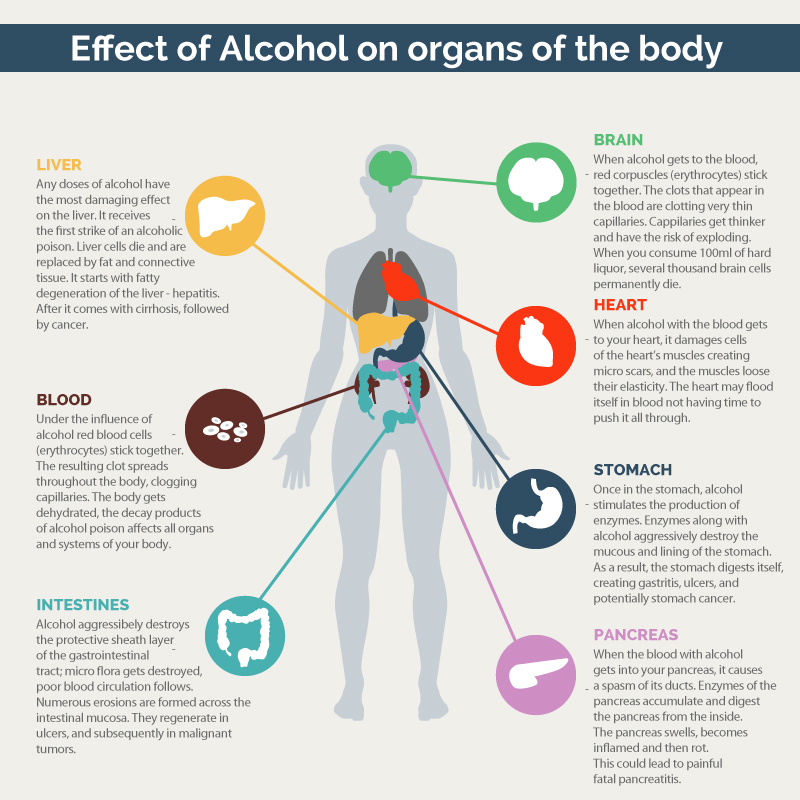Unlock the mysteries of beer intoxication with this comprehensive guide on the factors that influence how much alcohol affects you.

Image courtesy of Engin Akyurt via Pexels
Table of Contents
Picture this: you’re at a social gathering, surrounded by friends, and someone hands you a cold beer. As you take your first sip, you may wonder, “How many beers does it take to get drunk?” The answer to that question is not as straightforward as you might think. In this comprehensive blog post, we will delve into the science behind alcohol intoxication, exploring the factors that influence how many beers it takes to reach that state of inebriation.
Alcohol Metabolism
Alcohol metabolism is a complex process that occurs in the body after consuming alcoholic beverages. When you drink alcohol, it is absorbed into your bloodstream through the stomach and small intestine. From there, it travels to the liver where the majority of alcohol metabolism takes place. The liver contains enzymes that break down alcohol into acetaldehyde and then into acetate, which is further metabolized into carbon dioxide and water.
Several factors can influence how quickly alcohol is absorbed and metabolized in the body. One of the primary factors is the rate of alcohol consumption. Drinking alcohol rapidly can overwhelm the liver’s ability to metabolize it, leading to higher blood alcohol levels and increased intoxication. Additionally, the presence of food in the stomach can slow down alcohol absorption, while dehydration can exacerbate the effects of alcohol on the body.
Individual Tolerance Levels
Have you ever noticed that some people seem to be able to drink more alcohol without feeling intoxicated, while others may feel the effects after just a few sips? Individual tolerance levels play a significant role in how many beers it takes to get drunk. Factors such as body weight, gender, genetics, and overall health can influence an individual’s ability to handle alcohol.
For example, individuals with a higher body weight tend to have a higher tolerance for alcohol as their bodies contain more water, which can dilute the alcohol in their bloodstream. Gender also plays a role, as women generally have a lower tolerance for alcohol due to their higher body fat percentage and lower levels of certain enzymes involved in alcohol metabolism.
Factors Influencing Intoxication
Aside from individual tolerance levels, there are several other factors that can influence how quickly you become intoxicated after consuming alcohol. One such factor is food consumption. Drinking on an empty stomach can lead to faster alcohol absorption and greater intoxication, while consuming food before or during drinking can slow down alcohol absorption and reduce the effects of alcohol on the body.

Image courtesy of via Google Images
Furthermore, the type of alcohol and how drinks are mixed can also impact intoxication levels. Beverages with higher alcohol content, such as spirits, can lead to faster intoxication compared to beer or wine. Mixing different types of alcohol can also increase the risk of intoxication as it may lead to a quicker rise in blood alcohol levels.
As you navigate social situations and enjoy the occasional drink, it is essential to be mindful of your alcohol consumption and know your limits. Drinking responsibly, understanding how alcohol affects your body, and being aware of the factors that influence intoxication can help you make informed decisions when it comes to indulging in alcoholic beverages.
Conclusion
So, how many beers does it take to get drunk? The answer to that question varies from person to person and depends on a multitude of factors, including alcohol metabolism, individual tolerance levels, and various factors influencing intoxication. By gaining a better understanding of how alcohol affects your body and the factors that influence intoxication, you can make smarter choices when it comes to alcohol consumption.
Remember, the key is to drink responsibly, know your limits, and prioritize your health and well-being. Whether you choose to indulge in a cold beer with friends or opt for a non-alcoholic alternative, make sure to take care of yourself and those around you. Cheers to making informed decisions and enjoying the occasional drink in a safe and responsible manner!
FAQ
How does alcohol metabolism affect intoxication levels?
Alcohol metabolism plays a crucial role in determining how quickly you become intoxicated. Factors like the rate of consumption, food intake, and hydration levels can influence how alcohol is absorbed and processed in the body.
What factors contribute to individual tolerance levels?
Individual tolerance levels are influenced by body weight, gender, genetics, and overall health. These factors can affect how alcohol is metabolized, impacting how much alcohol it takes for someone to feel intoxicated.
How does food consumption affect alcohol absorption?
Consuming alcohol on an empty stomach can lead to faster absorption and increased intoxication. Eating before or during drinking can slow down alcohol absorption, reducing the effects of alcohol on the body.
What should I keep in mind for responsible alcohol consumption?
It’s important to drink in moderation, know your limits, and prioritize your health. Understanding how alcohol affects your body, recognizing factors that influence intoxication, and making informed decisions can help you enjoy alcohol responsibly.
Generated by Texta.ai Blog Automation
Leave a Reply